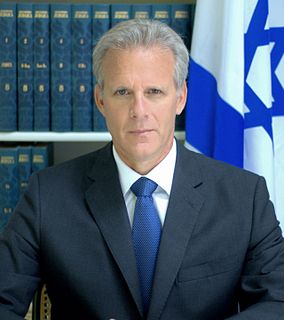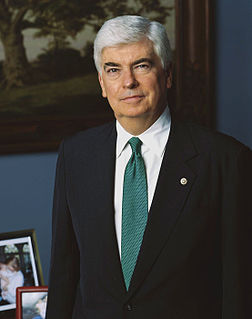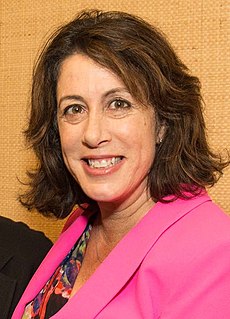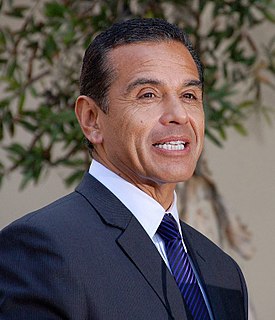A Quote by Hanya Yanagihara
There is something uniquely American about the motel: It speaks to the transient nature of America itself, one enabled and encouraged by our roads and highways.
Related Quotes
We actually know that our crumbling pipelines, roads, and bridges are ticking time bombs. That is why President Obama and Congressional Democrats have pushed to fund jobs that repair our roads, runways, and railways - we can't have first rate American communities with third-world American infrastructure.
It was in the 1960s that the left convinced itself that there is something fascistic about patriotism and something perversely "patriotic" about running down America. Anti-Americanism - a stand-in for hatred of Western civilization - became the stuff of sophisticates and intellectuals as never before. Flag burners became the truest "patriots" because dissent - not just from partisan politics, but the American project itself - became the highest virtue.
Photographers usually want to photograph facts and things. But I'm interested in the nature of the thing itself. A photograph of someone sleeping tells me nothing about their dream state; a photograph of a corpse tells me nothing about the nature of death. My work is about my life as an event, and I find myself to be very temporal, transient.






































